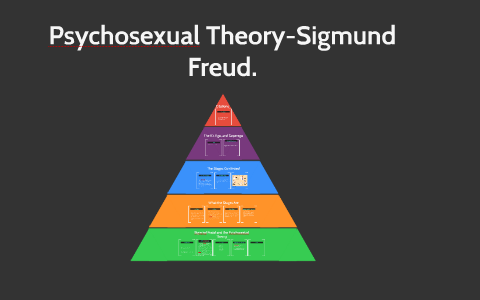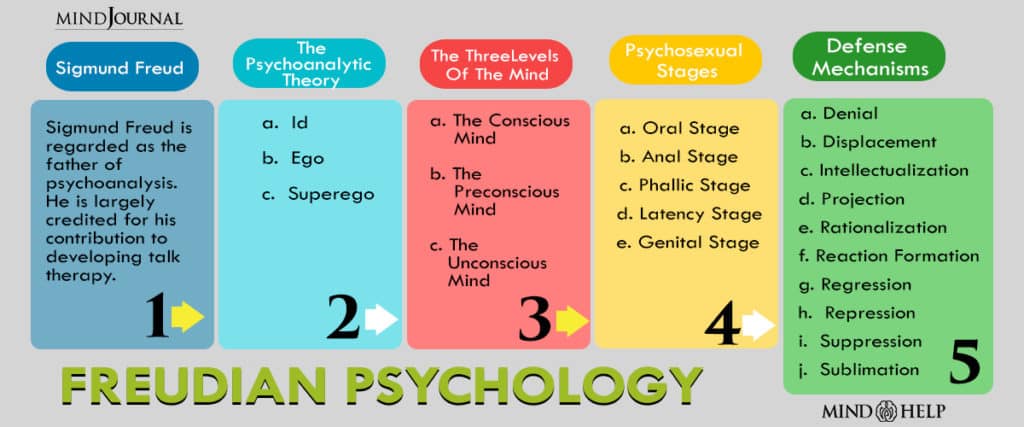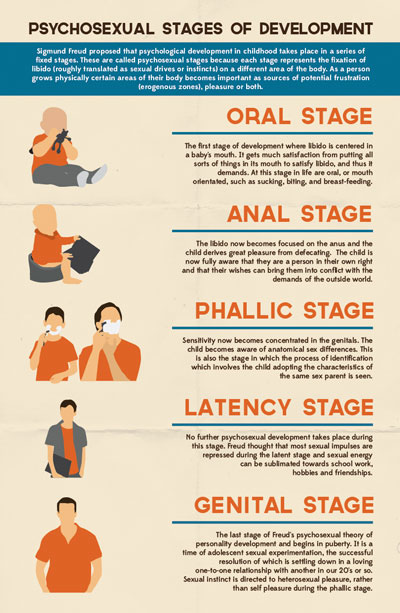Sigmund Freud is one of the most influential figures in the history of psychology. His theories on the unconscious mind and the role of sexuality in human development have had a lasting impact on the field and continue to be widely studied and debated today.
Freud's theory of psychosexual development is one of his most well-known contributions to psychology. According to this theory, human development occurs in stages and is driven by sexual energy, or libido. During each stage, the focus of the libido is on a different part of the body, and the individual's experiences and conflicts during that stage can have a lasting impact on their personality and behavior.
The first stage of psychosexual development is the oral stage, which occurs during the first year of life. During this stage, the primary source of pleasure is the mouth, and infants derive pleasure from sucking and swallowing. If an individual experiences frustration or overindulgence during this stage, it can lead to personality traits such as dependency or aggression.
The second stage is the anal stage, which occurs during the second year of life. During this stage, the primary source of pleasure is the anus, and toddlers derive pleasure from retaining or eliminating feces. If an individual experiences frustration or overindulgence during this stage, it can lead to personality traits such as anal retentiveness or anal expulsiveness.
The third stage is the phallic stage, which occurs during the third to fifth years of life. During this stage, the primary source of pleasure is the genitals, and children become aware of their own sexuality and the differences between males and females. If an individual experiences frustration or overindulgence during this stage, it can lead to personality traits such as Oedipus complex (in males) or Electra complex (in females).
The fourth stage is the latent stage, which occurs during childhood and adolescence. During this stage, sexual urges are suppressed and the individual focuses on developing friendships and other social skills.
The final stage is the genital stage, which occurs during adulthood. During this stage, sexual urges are reawakened and the individual seeks out relationships and becomes capable of sexual reproduction.
Freud's theory of psychosexual development has been highly influential, but it has also been the subject of much criticism. Some critics argue that it overemphasizes the role of sexuality in human development and ignores the influence of social and cultural factors. Others have questioned the scientific validity of the theory and the lack of empirical evidence to support it.
Despite these criticisms, Freud's theory of psychosexual development remains an important part of the history of psychology and continues to be studied and debated by psychologists and scholars today.








